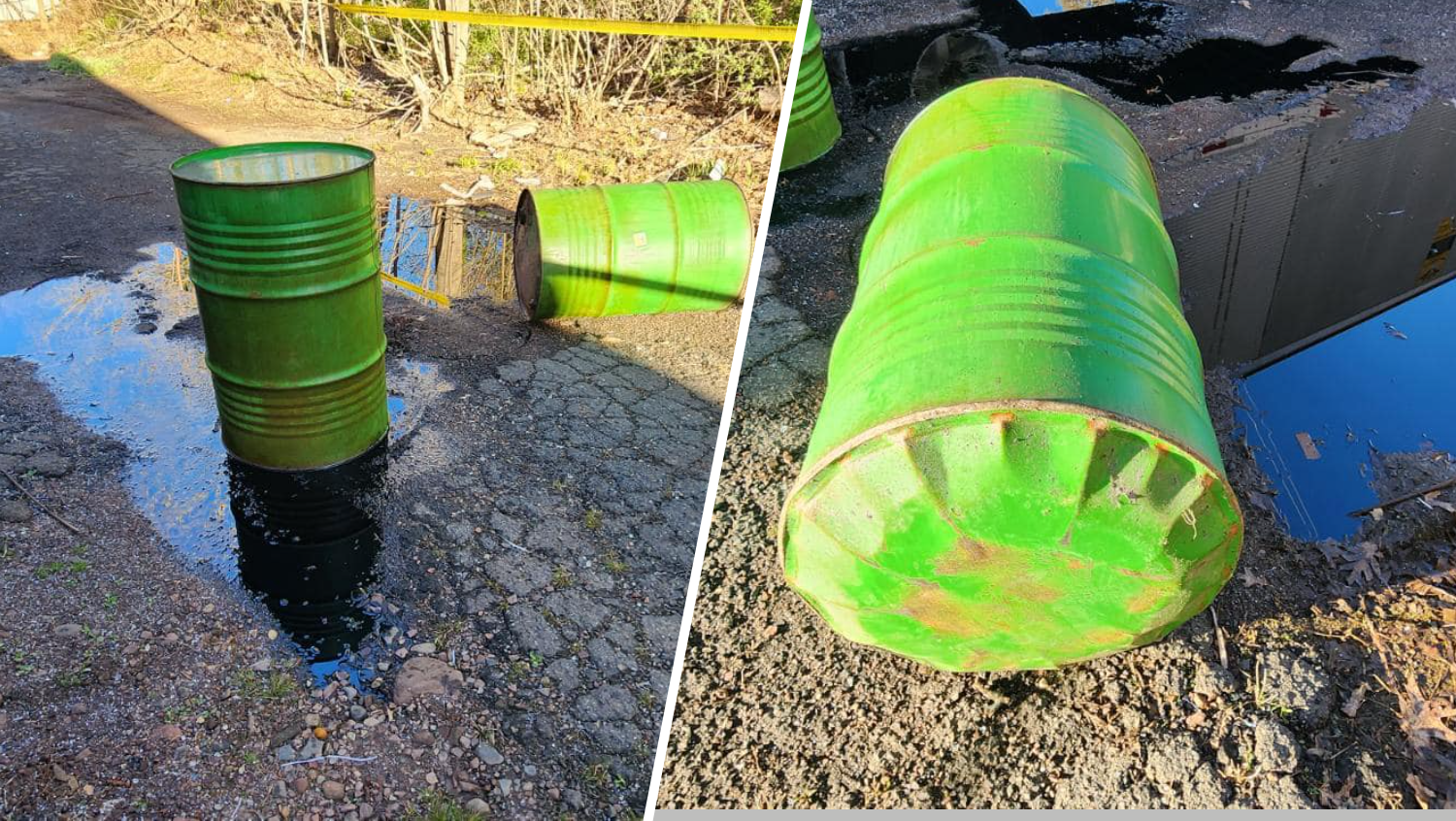Connecticut lawmakers voted Wednesday to give local election officials some extra time to begin processing the large numbers of absentee ballots that are expected to be filed for the Nov. 3 general election.
The legislation, which cleared the House of Representatives on a 139-5 vote, will give cities and towns the option of opening the outer envelope of the absentee ballots and verifying the voter signed the inner envelope, beginning at 5 p.m. on Oct. 30. The inner envelope which contains the ballot may not be opened, however, until Election Day.
“As of the past week, there have been in excess of 355,000 absentee ballot applications returned. Those numbers are growing on a day-to-day basis. This has and will continue to require remarkable efforts of town clerks, registrars and their staffs,” said Rep. Dan Fox, D-Stamford, the co-chairman of the legislature’s Government Administration and Elections Committee, adding how lawmakers wanted to do something to assist in those efforts.
The bill, which awaits Senate action, was among 10 disparate proposals and a handful of judicial nominations being taken up Wednesday by the House during the second special legislative session held during the coronavirus pandemic.
House members were expected late Wednesday to pass a wide-ranging proposal that would require state regulators to consider a new performance-based system for determining rates, financial incentives and penalties for electric distribution companies. The legislation, which stems from constituent anger over the response by electric utility Eversource to Tropical Storm Isaias in August and a prior rate increase, would also require customers to be credited $25 a day and reimbursed $250 in compensation for spoiled food and medication during lengthy outages of 96 consecutive hours after an emergency.
“I believe the status quo is no longer working for our constituents,” said Rep. David Arconti, D-Danbury, co-chairman of the General Assembly’s Energy and Technology Committee.
Rep. Charles Ferraro, R-West Haven, the committee’s top House Republican, said the bipartisan legislation, dubbed by some as “Take Back Our Grid Act,” was an attempt “to bridge the gap for the consumers with the utility companies and to reprioritize the ratepayers over the shareholders.”
Local
Some Republicans questioned why such a complicated piece of legislation was being considered during a special session, suggesting it was being rushed and should instead be considered in January when the next regular session begins.
House members were also expected Wednesday night to vote on bills concerning funding for school construction projects, changes to public notification rules in economically distressed communities about power plants, landfills and other facilities, among other issues.
Only the House was meeting Wednesday. Most members were sequestered in their legislative offices, listening to the debate and voting by computer to help promote social distancing. Only lawmakers, staffers and the media were allowed inside the Capitol. The Senate was expected to vote on the same proposals Thursday.
By mid-day, House members had unanimously approved four judicial nominations, including Appellate Judge Christine Keller, Lamont’s choice to fill a vacancy on the state Supreme Court. They also unanimously approved legislation that streamlines a state law regulating the transfer of certain polluted properties and legislation, extends rules for hemp growers and manufacturers that were set to expire, and clarifies that condominium associations are eligible to apply for a supplemental loan program to cover certain expenses related to remediating crumbling foundations, a problem that has impacted both condos and individual homes in eastern Connecticut.
The House also paid tearful tributes to retiring members, including House Speaker Joe Aresimowicz, D-Berlin, and House Minority Leader Themis Klarides, R-Derby.
Gov. Ned Lamont, a Democrat, last week called the General Assembly back into special session, contending the 10 bills and four judicial nominations were important state matters that needed to be addressed now.
But some Republicans, the minority party in the legislature, questioned the need to convene another special session, criticizing the package of bills for not addressing the pandemic.
Senate Minority Leader Len Fasano said many of the proposals could have waited until the regular session and accused the Democrats of being partisan, wanting to pass legislation before the Nov. 3 election, when state lawmakers are on the ballot. Most of the bills, however, were passing with strong bipartisan support.



